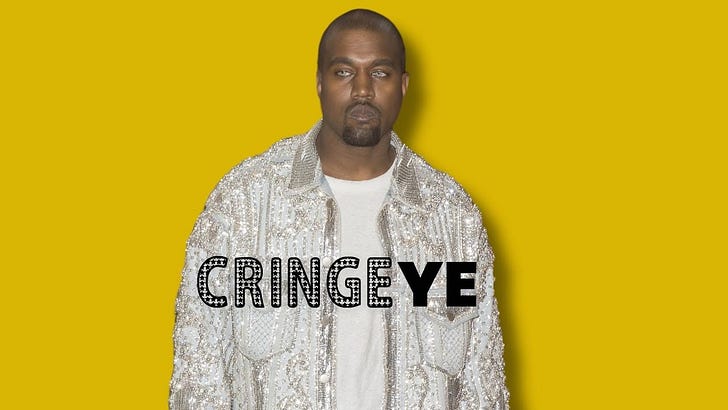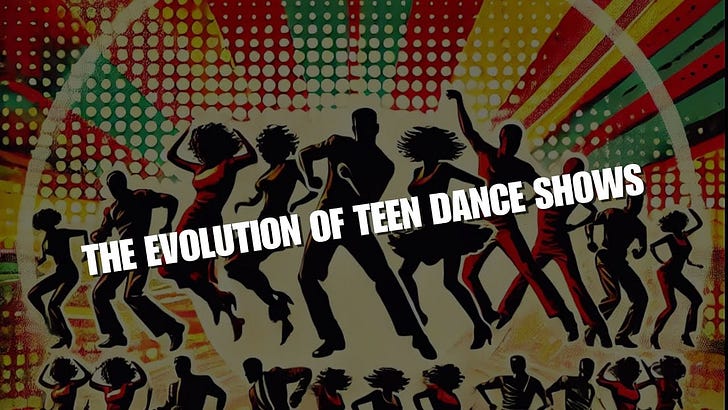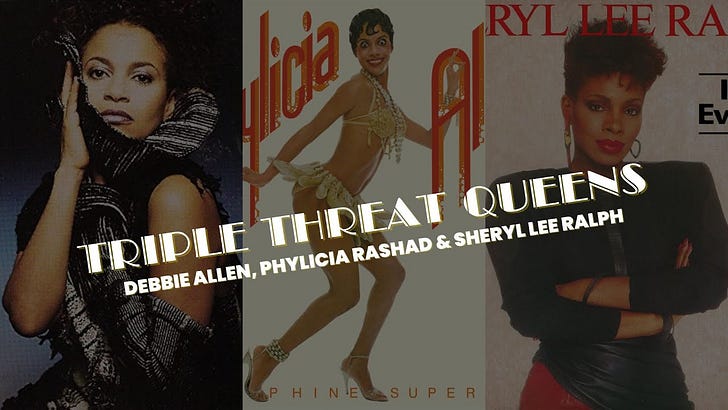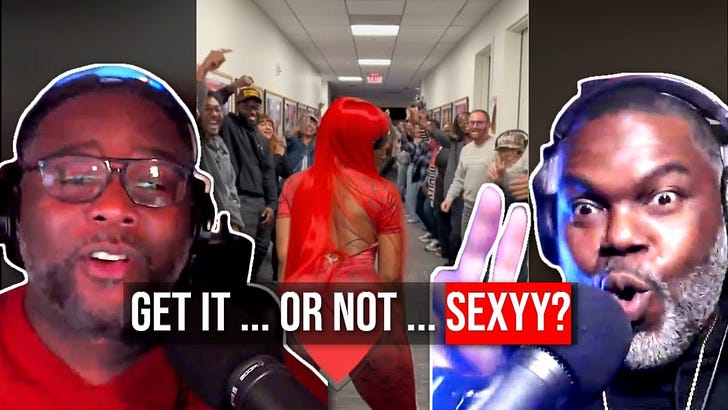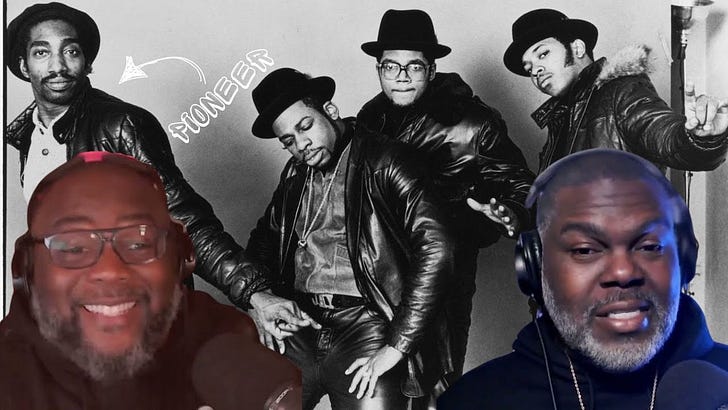In 1997, Peggy Scott Adams released her single, “Bill.” For some, it was a shock; for others, it was a storytelling triumph. Even now, more than 25 years later, “Bill” stands out as a cultural touchstone for conversations about queerness, masculinity, and Black family life. As we kick off Pride Month at Queue Points, it feels urgent to revisit this song—celebrating its boldness while also holding space for a fuller (and more nuanced) narrative than the late ’90s allowed.
“Bill” landed at a time when Black radio and TV were wrestling with changing social tides. The late ’90s saw a growing conversation about Black men, sexuality, and what would soon be called “the DL (down low) phenomenon.” The media often stoked panic and fear, sometimes at the expense of Black queer men—fueling damaging myths about deception, HIV, and “broken” families. Talk shows like Jerry Springer and tabloid headlines capitalized on these anxieties, while writers like E. Lynn Harris and James Earl Hardy bravely brought Black queer stories to the page.
Looking back, it’s clear that “Bill” and the conversations it ignited, desperately need reframing. The original music video leaned into stereotypes by casting a white man as “Bill”, playing into the myth that queerness was “foreign” to the Black community—an old trope that erases the reality of Black queer love and resilience.
On our episode, we wrestled with these issues. We called out the song’s use of homophobic language and discussed how sensationalism of the “DL” narrative in the media did real harm. Yet, we also recognized the legacy “Bill” leaves behind. The song invited frank, if uncomfortable, conversations about love, identity, and betrayal—a reminder that stories about Black queerness have always existed, even when pushed into the shadows.
Today, “Bill” is both a time capsule and a provocation. As we celebrate Pride Month, our hope at Queue Points is to keep wrestling with these tough histories, to honor Black music’s power to spark change—and to ensure that the next generation of storytellers chooses compassion, truth, and complexity when telling all of our stories.
Got thoughts? Share your reflections with us and let’s keep the conversation going. Happy Pride!









